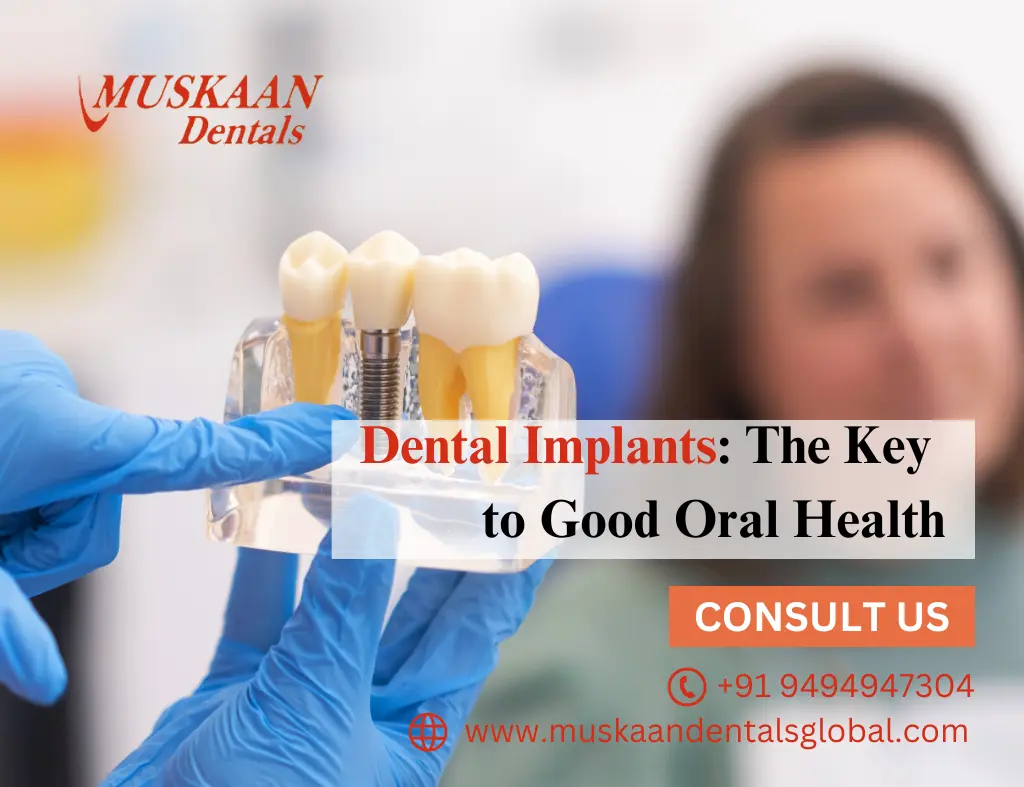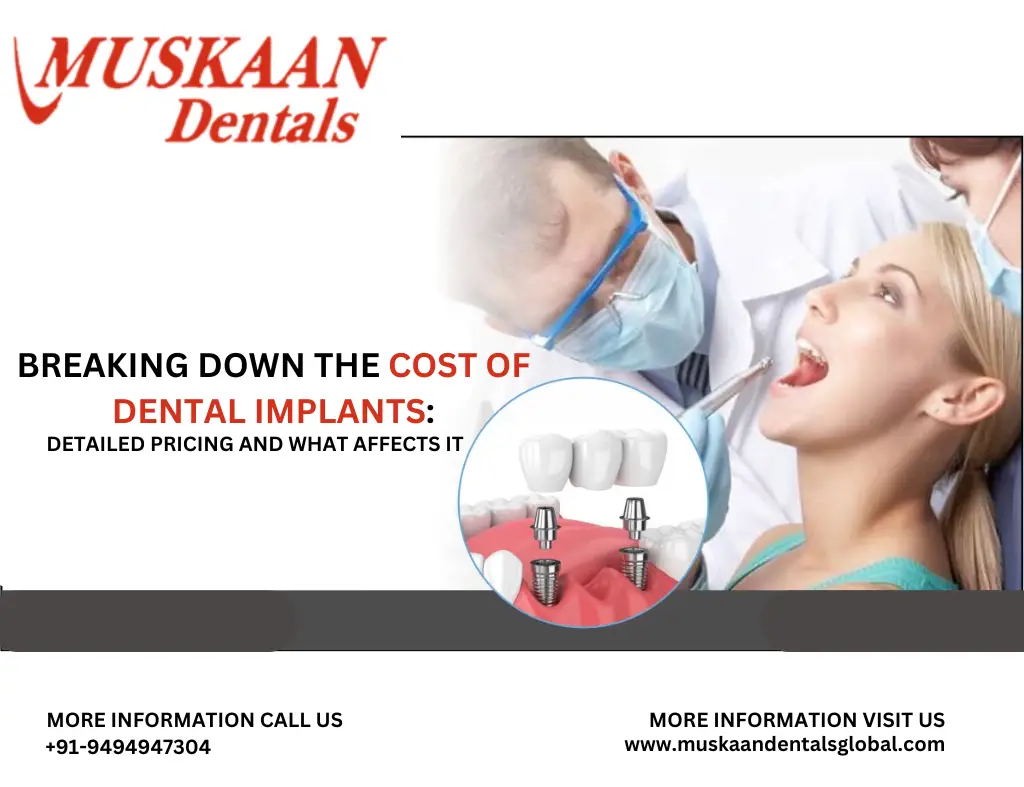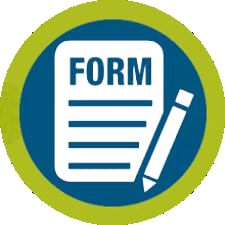Dental issues during pregnancy
Pregnancy can lead to dental problems in some women, including gum diseases and tooth decay. During pregnancy, hormones affect the gums and teeth. Brushing teeth twice a day with fluoride toothpaste and visiting your dentist will help keep your teeth and gums as healthy as possible during pregnancy.
What is Dental Health and how does it affect pregnancy?
Dental health also called oral health is the health of your mouth, teeth, and gums. It is an important part of your overall health. And if you're pregnant, it is an important part of your prenatal care (medical care you get during pregnancy) also.
Being pregnant can increase your risk for oral health problems, and these problems can affect your pregnancy. Taking good care of your mouth, teeth, and gums during pregnancy can help you have a healthy pregnancy and a healthy baby.
A. How does pregnancy affect your dental health?
Changes in your body during pregnancy can affect your teeth and gums. The increased level of certain hormones like progesterone and estrogen in the body during pregnancy can increase the risk for certain oral health problems.
Your eating habits may change. You may eat more of certain you did before your pregnancy. For some women, brushing and flossing may cause nausea. These changes can increase your risk for certain dental problems during pregnancy, including-
⦁ Cavities- These are small, damaged areas on the surface of your teeth.
⦁ Gingivitis- When gums become red and swell (inflammation), that is called Gingivitis.
Its sign and symptoms include-
- Redness and swelling
- Tenderness in the gums
-Shiny gums
-Bleeding of the gums, even when you brush your teeth gently
⦁ Loose teeth- A high level of progesterone and estrogen hormones during pregnancy can loosen the tissue and bones that hold your teeth in place. This makes the teeth lose.
⦁ Tooth erosion- If you have vomiting from morning sickness, your teeth may be exposed to too much stomach acid which could harm the enamel which is the hard surface of the teeth.
B. How to avoid dental issues during pregnancy-
Eating a healthy diet and limiting food and drinks high in added sugar. Visit your dentist regularly for a professional cleaning and clean-up.
C. Effects of Vomiting on teeth during pregnancy-
⦁ Don't brush your teeth immediately after brushing. This can cause scratches on the teeth's enamel as these are covered with stomach acids.
⦁ Rinse your mouth thoroughly with plain tap water.
⦁ Use mouth wash containing fluoride.
⦁ If in case you don't have a fluoridated mouth wash, put a blob of toothpaste containing fluoride on your finger and smear it over your teeth. Rinse your mouth thoroughly with plain water.
⦁ Wait for an hour after vomiting before you brush.
D. Increase your calcium intake during pregnancy-
During pregnancy, you need to take proper care of your bones and your developing body. For this, you should increase your calcium intake. Increase the calcium you eat or drink to protect your bones and other body needs.
Good food sources of Calcium are-
i. Dairy products
ii. Products low in added sugar
iii. Some types of nuts such as Almonds.
E. Increase your Vitamin D intake during pregnancy-
Vitamin D helps the body to utilize calcium. Some amount of sun exposure can help to support Vitamin D levels. Take care not to get sunburnt.
Good food sources of Vitamin D are-
i. Bread and cereals
ii. Eggs
iii. Fatty fish such as Salmon
iv. Vitamin D fortified milk
Finally, it may be concluded-
⦁ In some women, pregnancy can lead to dental problems.
⦁ Caring for teeth during pregnancy is important for the mother and baby's health.
⦁ Intake of vitamin D and Calcium is important.
⦁ Visit the dentist during pregnancy for a check-up.
⦁ It's safe to visit the dentist during pregnancy.








